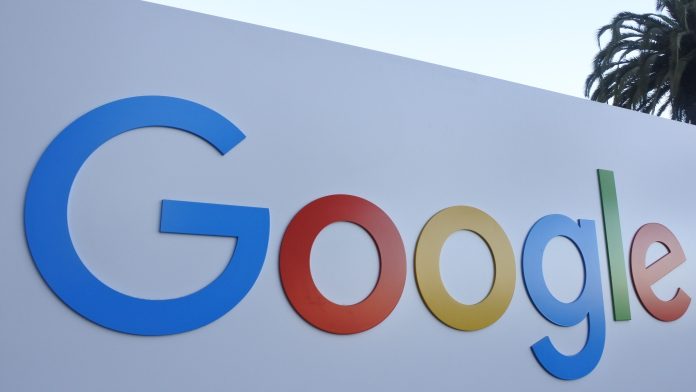Antitrust regulators in both the EU and the UK have opened investigations into Google and Meta to determine whether a previous deal between the two tech giants hampered competition in the online advertising market.
The European Commission announced its formal antitrust investigation in a press release in which it voiced its concerns that an agreement between the two companies in 2018 may have breached EU competition rules. Meanwhile, the UK’s Competition and Markets Authority (CMA) said that the deal may have restricted or prevented the uptake of header bidding services.
For those unfamiliar, header bidding is a service that allows sellers like news publishers to offer their online advertising space to multiple buyers at the same time as opposed to doing so on an individual basis. This makes it so that buyers (or in this case advertisers) must compete against each other for ad space while publishers can compare bids from multiple buyers at the same time. These auctions are made more competitive due to the competition between buyers.
CMA chief executive Andrea Coscelli provided further details on the regulator’s investigation in a separate press release, saying:
“We’re concerned that Google may have teamed up with Meta to put obstacles in the way of competitors who provide important online display advertising services to publishers. If one company has a stranglehold over a certain area, it can make it hard for start-ups and smaller businesses to break into the market – and may ultimately reduce customer choice.”
Jedi Blue deal
The so-called Jedi Blue deal between the two companies came about when Meta (then Facebook) decided to support an adtech system that would rival Google’s back in 2017 according to The Verge.
US lawsuits claim that Meta decided to end support for the technology a year later in 2018 following Google offering the company preferential access to its own bidding system for online ads. While the search giant no longer had to be worried about competing with the social media giant, Meta got to be the first in line when it came to buying online ad space from Google.
Despite the fact that investigations have been launched into the actions of both companies, the European Commission makes the argument that Google deserves more of the blame. In a statement to The Financial Times, EU competition chief Margrethe Vestager explained that the regulator had not yet come to the conclusion if “it’s a Google thing alone or if they were in it together”.
In its defense, Google has claimed that the deal made it possible for Facebook Audience Network (FAN) to participate in its Open Bidding program along with other companies while Meta-owned Facebook argued that the agreement between it and Google is similar to agreements the company has with other bidding platforms and that it helped increase competition for ad placements instead of stifling them.
Large antitrust investigations often take years to be completed and businesses can still appeal the rulings of regulators. Still though, if Google or Meta did breach EU competition rules, each company could be fined up to 10 percent of their global annual revenue.
- We’ve also highlighted the best email marketing software and the best online marketing services
Via The Verge


















